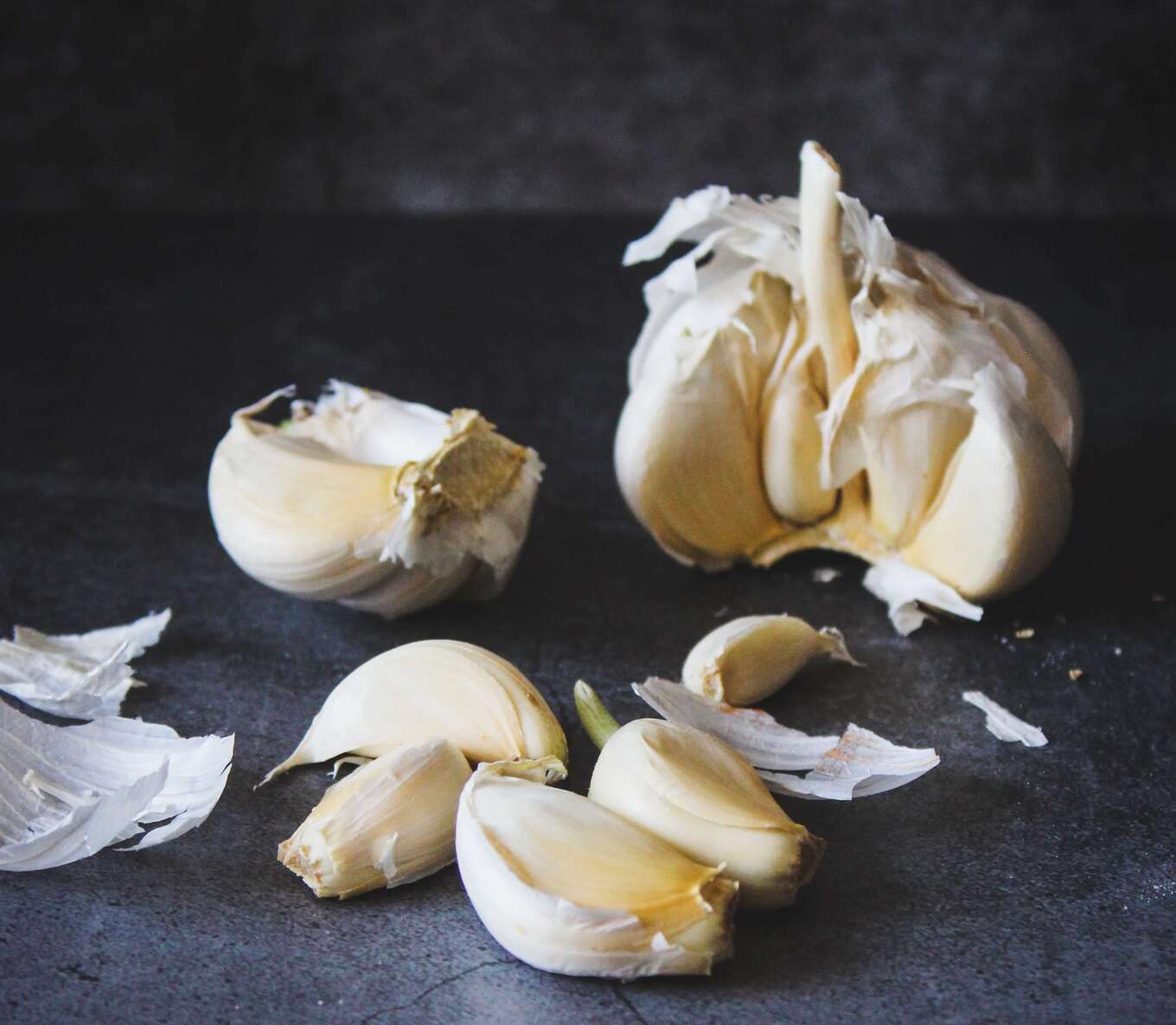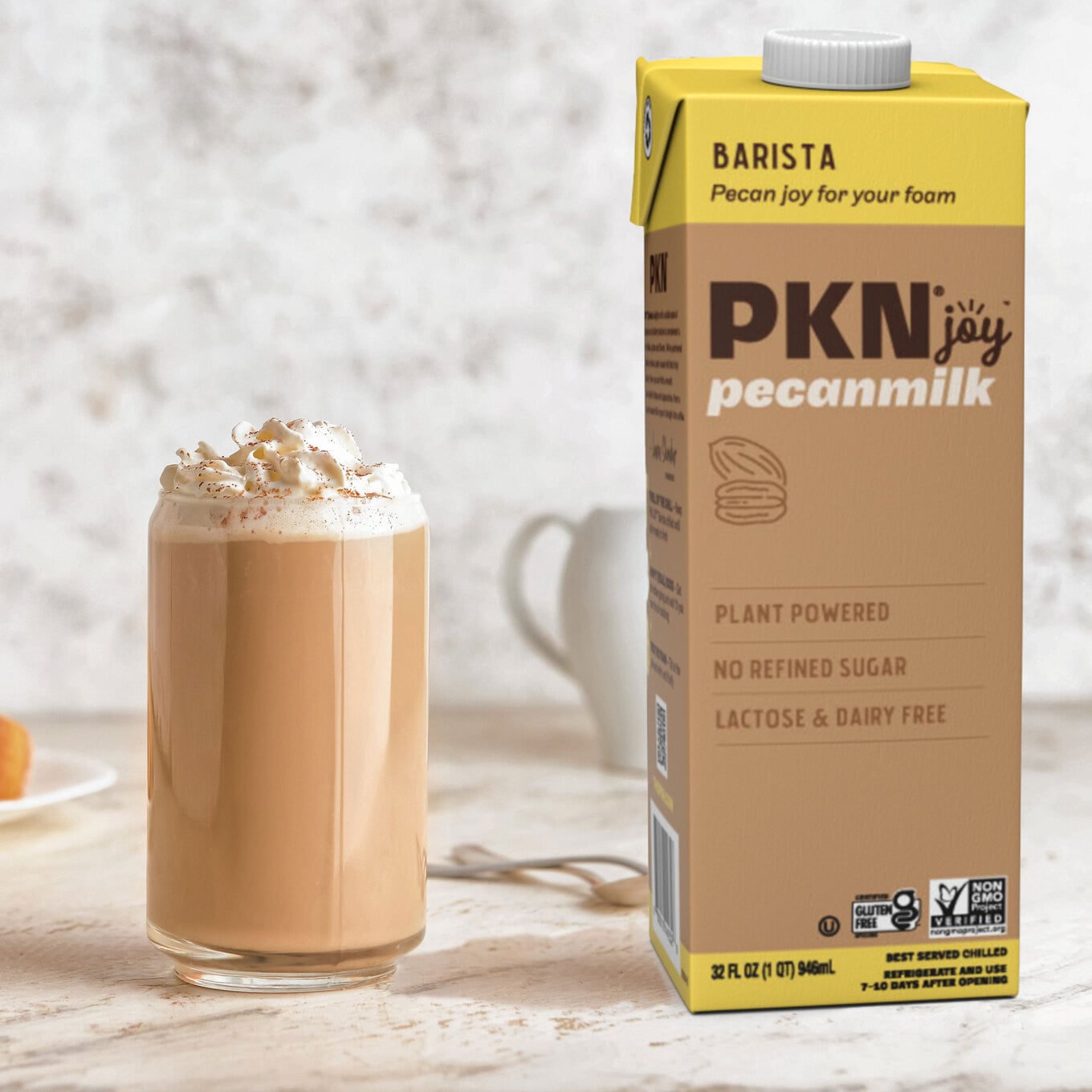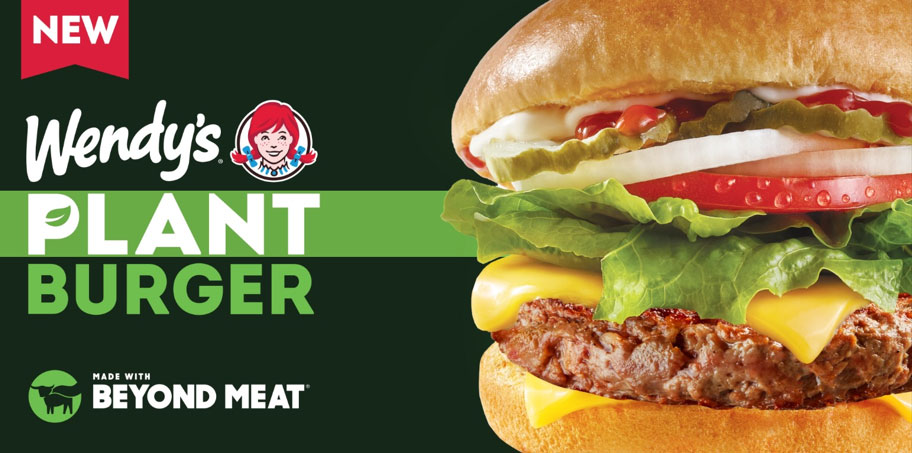As the importance of gut health gains traction in the field of nutrition, a new study has uncovered the specific foods that offer the highest prebiotic content. The research also sheds light on the benefits of consuming prebiotics to maintain a healthy gut microbiome.
Presented at Nutrition 2023, the flagship meeting of the American Society for Nutrition, the study estimated the prebiotic content of thousands of food types using existing literature, highlighting the foods with the highest prebiotic content.
Prebiotics, a type of fiber found in certain plant-based foods, have been shown to stimulate beneficial bacteria in the gut, promoting overall well-being.
Getty
These foods are not only beneficial for gut microbes but also rich in fiber, an essential nutrient lacking in the diets of many Americans.
“Eating prebiotic dense foods has been indicated by previous research to benefit health,” Cassandra Boyd, a master’s student at San José State University who conducted the research with Assistant Professor John Gieng, PhD, said in a statement.
“Eating in a way that promotes microbiome wellness while increasing fiber intake may be more attainable and accessible than you think.”
Table of Contents
Prebiotics versus probiotics
The distinction between prebiotics and probiotics is crucial to understanding their role in gut health. Prebiotics are food for the microbiome, while probiotics contain live microorganisms. Both can positively impact gut health but function differently.
Prior studies have linked higher prebiotic intake to improved blood glucose regulation, enhanced mineral absorption (such as calcium), and markers of better digestive and immune function. Although current dietary guidelines do not specify a recommended daily allowance for prebiotics, the International Scientific Association for Probiotics and Prebiotics suggests an intake of 5 grams per day.

To conduct the study, the researchers analyzed the prebiotic content of 8,690 foods using the Food and Nutrient Database for Dietary Studies, a widely used resource in nutrition and health research. They found that about 37 percent of the foods in the database contained prebiotics. The top prebiotic-rich foods, including dandelion greens, Jerusalem artichoke, garlic, leeks, and onions, contained around 100 to 240 milligrams of prebiotics per gram of food (mg/g).
Other foods with notable prebiotic content included onion rings, creamed onions, cowpeas, asparagus, and Kellogg’s All-Bran cereal, each containing approximately 50 to 60 mg/g.
“The findings from our preliminary literature review suggest that onions and related foods contain multiple forms of prebiotics, leading to a larger total prebiotic content,” Boyd said.
“Multiple forms of onions and related foods appear in a variety of dishes as both flavoring and main ingredients. These foods are commonly consumed by Americans and thus would be a feasible target for people to increase their prebiotic consumption.”
Based on the team’s findings, Boyd said a person would need to consume approximately half of a small (4-ounce) onion to get 5 grams of prebiotics.
And, notably, wheat-containing items ranked lower on the list, while foods with little to no prebiotic content were animal products such as dairy products, eggs, and meats.
 Getty
Getty
The researchers hope that their study will lay the foundation for assessing the health impacts of prebiotics and shaping future dietary guidelines. However, they stressed the need for further research to understand how cooking affects prebiotic content and to better assess foods containing multiple ingredients.
Plant protein for better gut health
As gut health continues to gain prominence in the field of nutrition, the findings from this study could pave the way for more personalized and effective dietary recommendations—and the importance of consuming plant-based foods—to support overall well-being and a healthy gut microbiome.
Another study published in the scientific journal Proceedings of the National Academy of Sciences found that a specific carbohydrate attached to plant proteins is a prebiotic food source for the bacteria in our gut.
 Sveta Zarzamora
Sveta Zarzamora
While fruit and vegetables are the best source of nutrients for a healthy gut microbiome (the collection of microbes that naturally live inside us), the study discovered that a species of gut microbes use plant N-glycans—a type of complex carbohydrate found in plant foods—as nutrients.
“The gut microbiome is an incredibly important feature for human health, and this finding will enable us to better understand the microbiome,” Lucy Crouch, the study’s lead author, said in a statement. “By identifying the particular enzymes that these microbes use to digest their food, we can consider how future diets can be developed that promote a healthy gut, and as a result improve our general health.”






